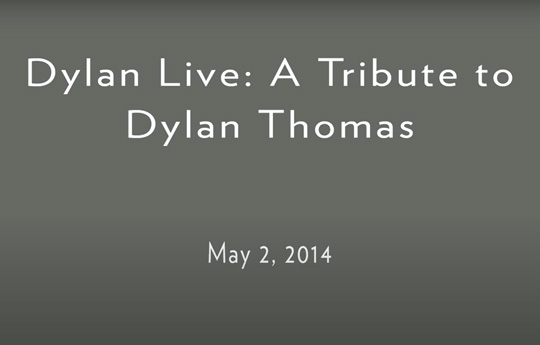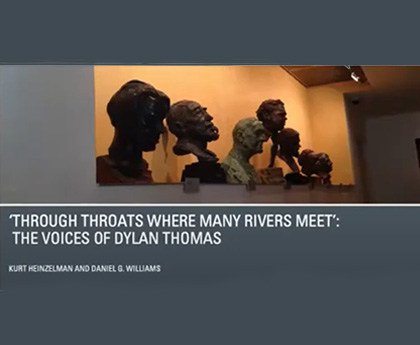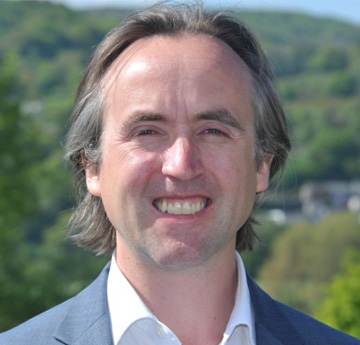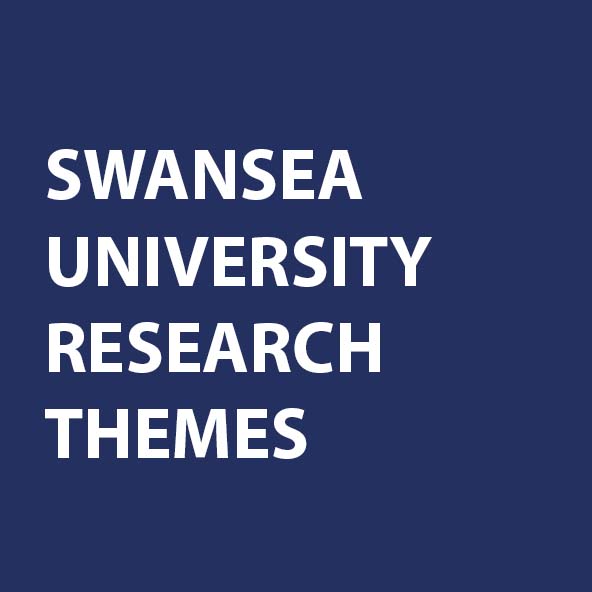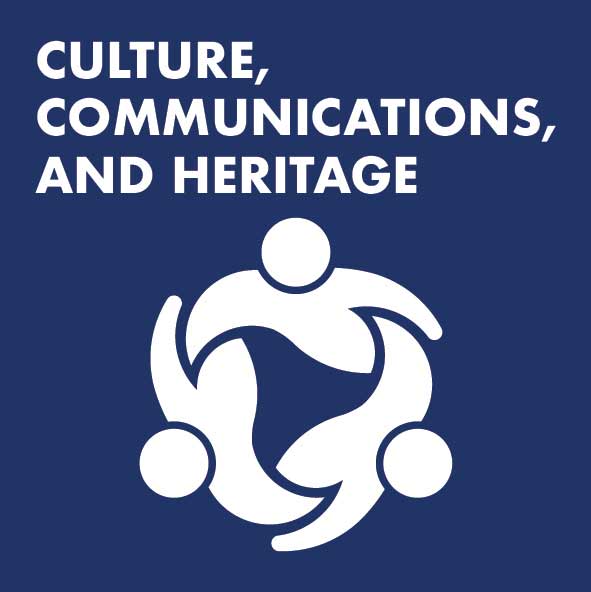The Challenge
Sylvia Plath evokes Dylan Thomas in the opening of The Bell Jar. Poet Kenneth Rexroth traced the origins of the Beat movement of the 1950s to Thomas, and Jack Kerouac (author of On the Road) aimed in his recordings of poetry to emulate Dylan Thomas. John Berryman, who would usher in a new period of poetic experimentation, sat vigil at Thomas’s bedside at St Vincent’s Hospital, New York, where the Welshman died on 9th November 1953, and soon after one Robert Zimmerman transformed himself into Bob Dylan in the mirror of Thomas’s poetry.
Why did Dylan Thomas’s four visits to the United States in the early 1950s have such an impact? What was it about Thomas’s work that made him such a central figure within American literary culture in the 1950s? These questions relate to issues of literary reputation, of literary influence and of cultural transmission and require that a range of approaches are adopted in trying to answer them.
In 2014, the Centenary Year of Thomas’s birth Literature Wales, supported by the British Council, commissioned ‘Dylan Live’, a touring multi-media performance based on Professor Daniel Williams’ research on these questions. More recently, Professor Williams and Swansea University have collaborated with the Harry Ransom Centre at Austin Texas to digitize the Thomas papers held at each institution, making the works available to a global audience.
Professor Daniel Williams’ most recent project has sought to use these newly digitized materials to map the international literary networks that Thomas established during his lifetime. This work draws on experts in computational network analysis to help us understand the ways in which literary reputations are established in a globalized literary marketplace.
Professor Williams’ work has resulted in published articles and books for an academic audience, a internationally celebrated multi-media show, the digitization of previously inaccessible archive holdings and educational material for Key Stages 4 and 5 in secondary schools.
The impact
‘Dylan Live’ has enriched artistic practice, enhanced public knowledge, influenced arts strategy, and resulted in educational outreach.
Impact on Artists
Cultural practice is generally divided linguistically in Wales. ‘Dylan Live’ broke this mould, allowing poets to speak to different constituencies and reach wider audiences. The Welsh and Breton poet Karadog has emphasized how ‘my understanding and knowledge of Thomas’s life and work deepened through working on Dylan Live’, confirming that ‘this, in turn influenced my writing’. Martin Daws’s involvement facilitated a sense of integration in Wales as an artist and citizen: ‘As an English incomer to Wales this has been of great personal and professional value to me. Much of the benefit I have been fortunate to draw from our collaborative work is evident in my collection of North Wales poems by Geiriau Gogs (2016)’. For the bilingual Zaru Jonson working on Dylan Live ‘gave me a very tangible and in-depth sense of a cultural legacy and wider fate which I was falling into by doing what I'm doing in Wales’. The emphasis on ‘crossing’, ‘depth’ and ‘cultural legacy’ speaks to a creative process that transformed self-identification and poetic practices.
Impact on Audiences
‘Dylan Live’ reached 2,300 people via 11 performances in Wales, London and New York (in addition to over 700 views on YouTube). The British Council selected ‘Dylan Live’ as part of its contribution to the PEN World Voices Festival in New York (2014) The eminent Irish poet Paul Muldoon introduced the show reflecting its status in the festival and the cast worked with Sarah Montague (Senior Producer, WNYC Radio) who praised the performance’s ‘adventurous and innovative mode’, noting that it sparked her to visit Williams’ website, ‘to look for your books’. Critic Laurie Muchnik was among the audience of 200 at the New York performance and celebrated the ‘multimedia Dylan Thomas’ in the leading American book magazine Kirkus Reviews. She noted that the performance resulted in an enlarged understanding of the different forms literature could take in the contemporary world, thus preparing the ground for new texts and audiences
Impact on Arts Strategy
‘Dylan Live’ had a far-reaching impact on the arts strategy of Literature Wales. Chief Executive Lleucu Siencyn reports that the ‘tri-lingual (English-Welsh-Breton) explorations of “Dylan Live” inspired and informed Literature Wales’s involvement in Celtic language events during the UNESCO Year of Indigenous Languages (2019)’ and that the New York performance of Dylan Live ‘enabled Literature Wales to establish an ongoing working relationship with PEN festival, which resulted in further collaboration with Welsh authors, including former National Poet of Wales Gillian Clarke’.
Furthermore, the experience of commissioning ‘Dylan Live’ influenced the strategic direction of Literature Wales: ‘Dylan Live schooled Literature Wales in the management and production of experimental cross-arts production, and was instrumental in a shift in our role, from the funder of events to a facilitator and innovator, supporting and enabling collaborative projects’. The success of the show ‘coupled with the shift in strategy’ that its success engendered ‘led to our successful push for the feted Roald Dahl centenary event two years later’.
Impact on Education
‘Dylan Live’ features prominently on the Welsh Government-commissioned web platform and app which provides Dylan Thomas materials for primary and secondary schools (Key Stages 2-4). Williams acted as advisor and the name of the site is inspired by Williams's research. The production company that created the resources, Telesgop, report that ‘Williams played a major role in live events that we filmed’, including several interviews with him in English and Welsh. Telesgop ‘incorporated parts of [Dylan Live]’ in order to show the transatlantic connections of Thomas and Williams’s ‘creativity and ability to communicate with the target audience’ had ‘been a huge benefit’ to the project which has since provided a model for further educational resources on canonical Welsh writers produced by Telesgop.
The Guardian newspaper reported the enthusiasm that educator Hannah Ellis - who is also the granddaughter of Dylan Thomas and Manager of the Dylan Thomas Trust - expressed for the ‘Dylan Live’ show and she notes that it ‘provided a new appreciation of my grandfather’s writing to a younger generation’ and ‘helped develop a public and academic interest in his work’.
The impact of ‘Dylan Live’ is ongoing. As a result of the show, Professor Kurt Heinzelman, University of Texas at Austin, invited Daniel Williams to lecture and teach on Dylan Thomas in America in February 2017, giving rise to a landmark transatlantic project to digitize the Thomas papers held at Swansea University and the Harry Ransom Centre that will open this material to a worldwide audience.


